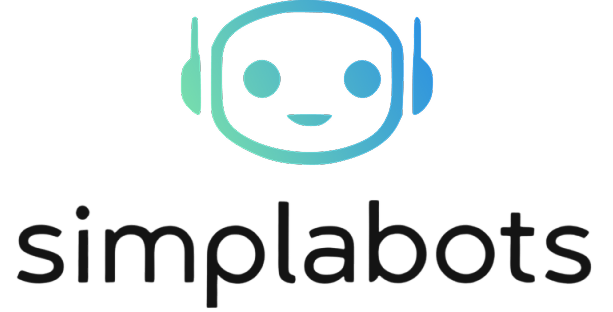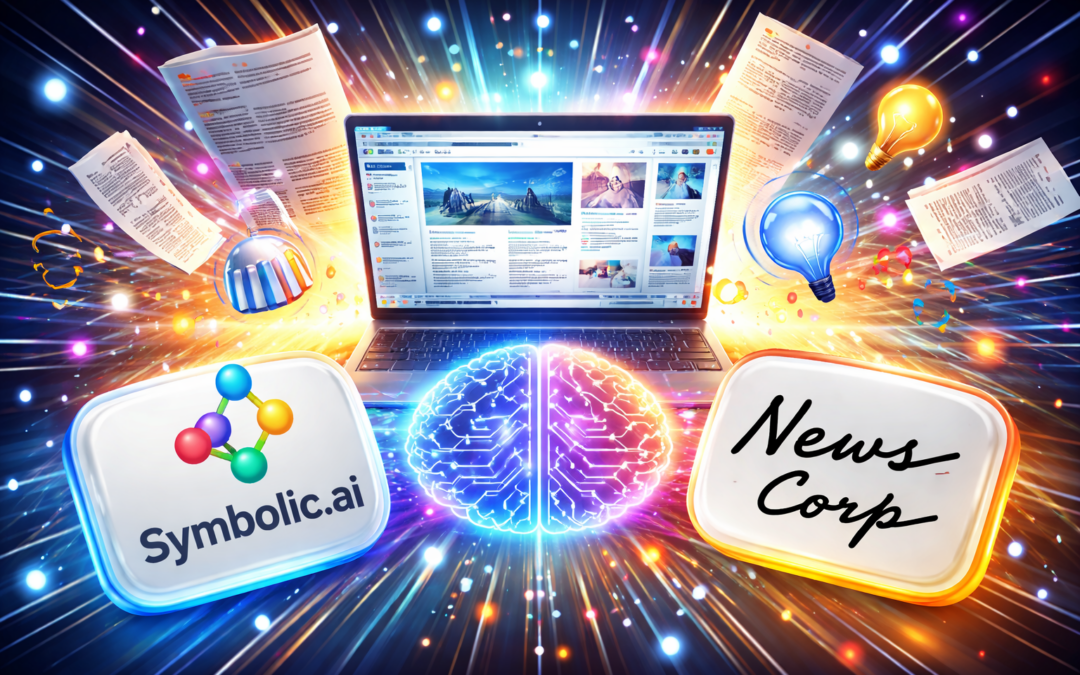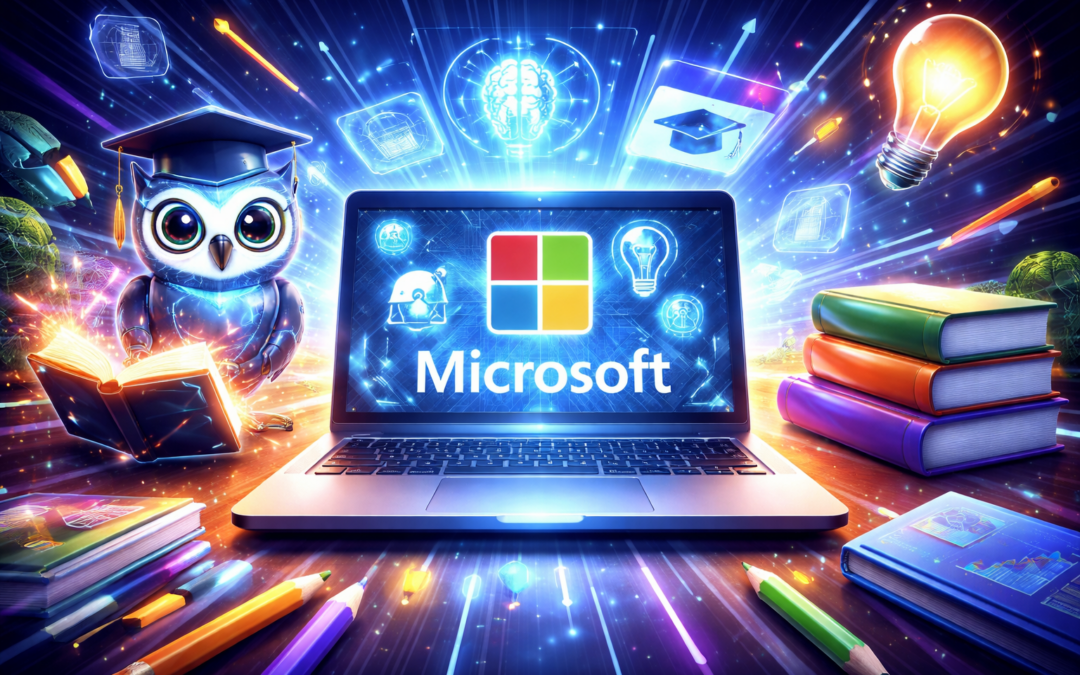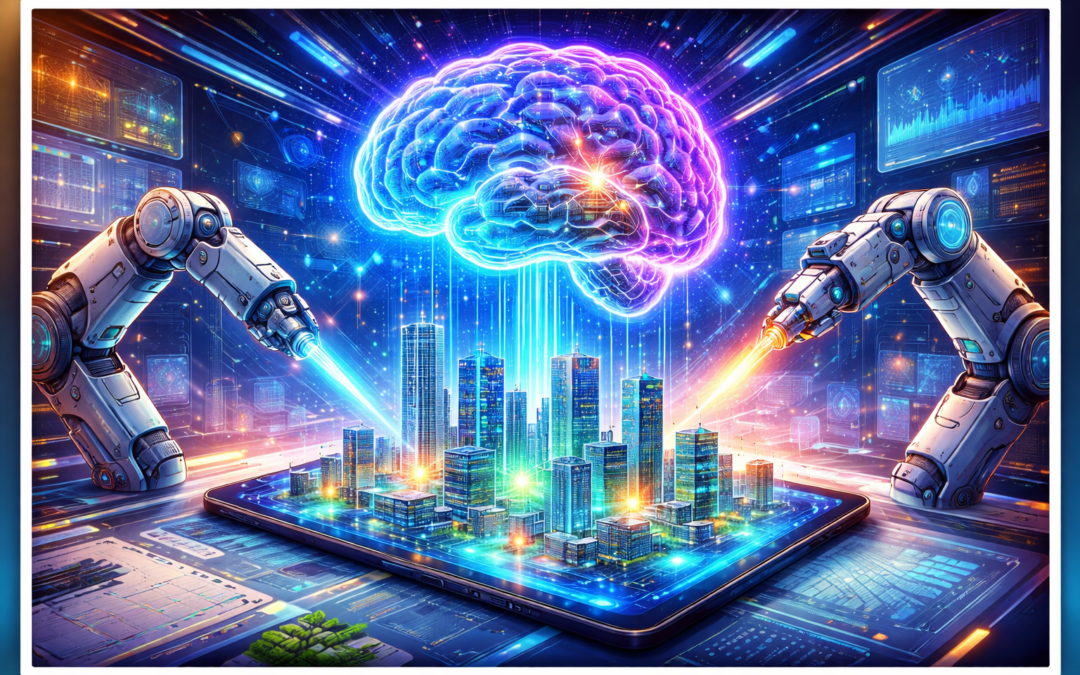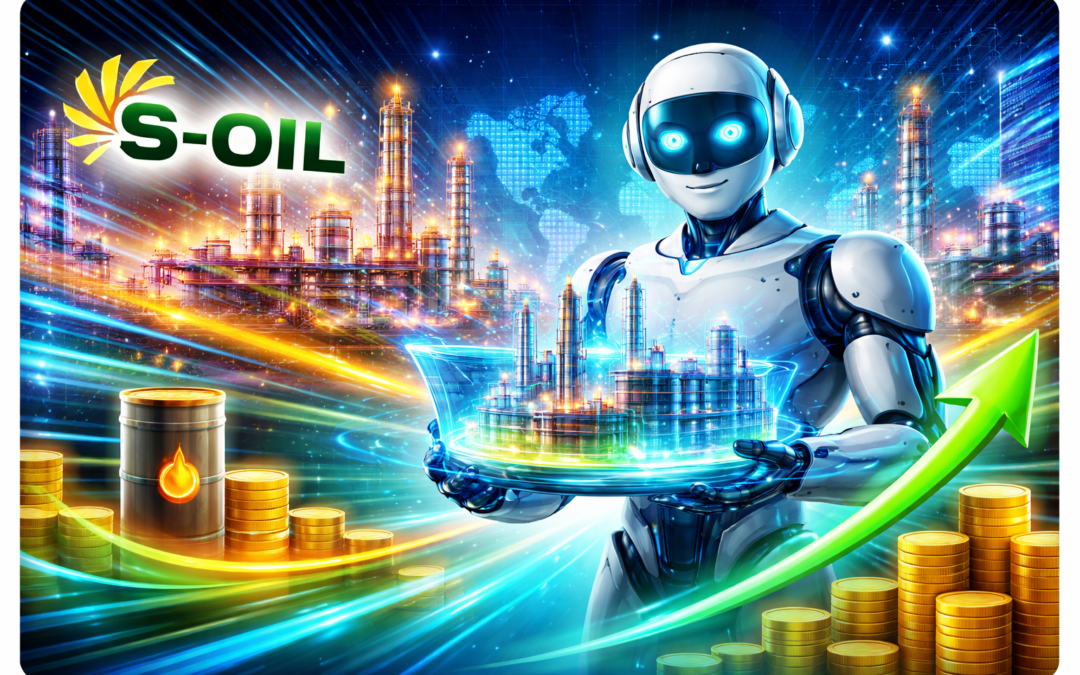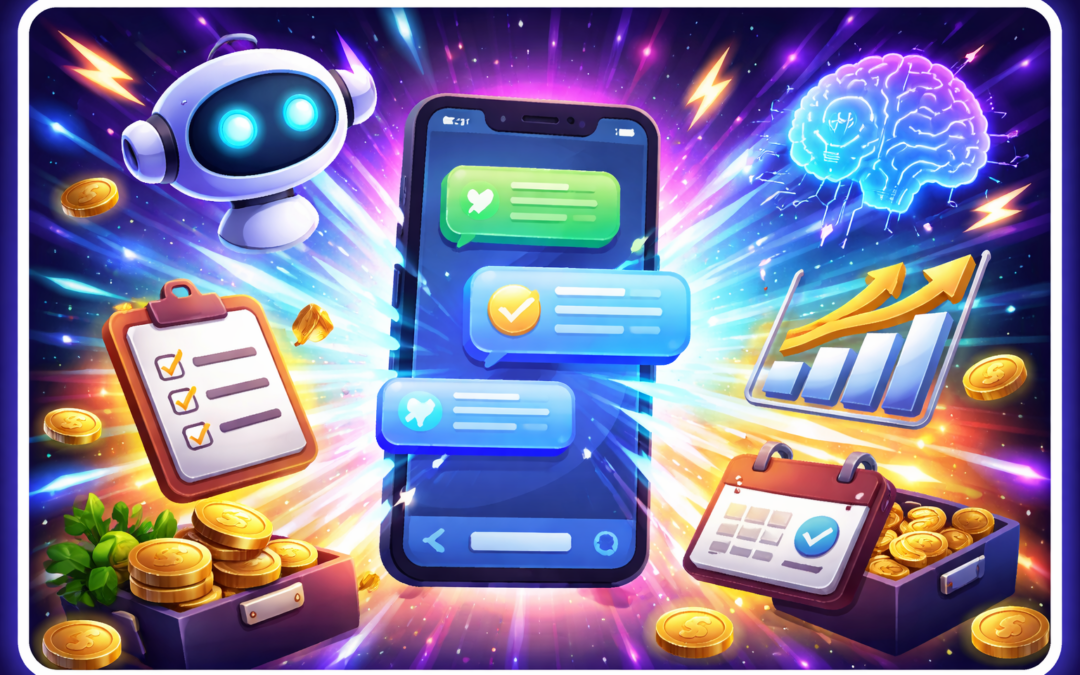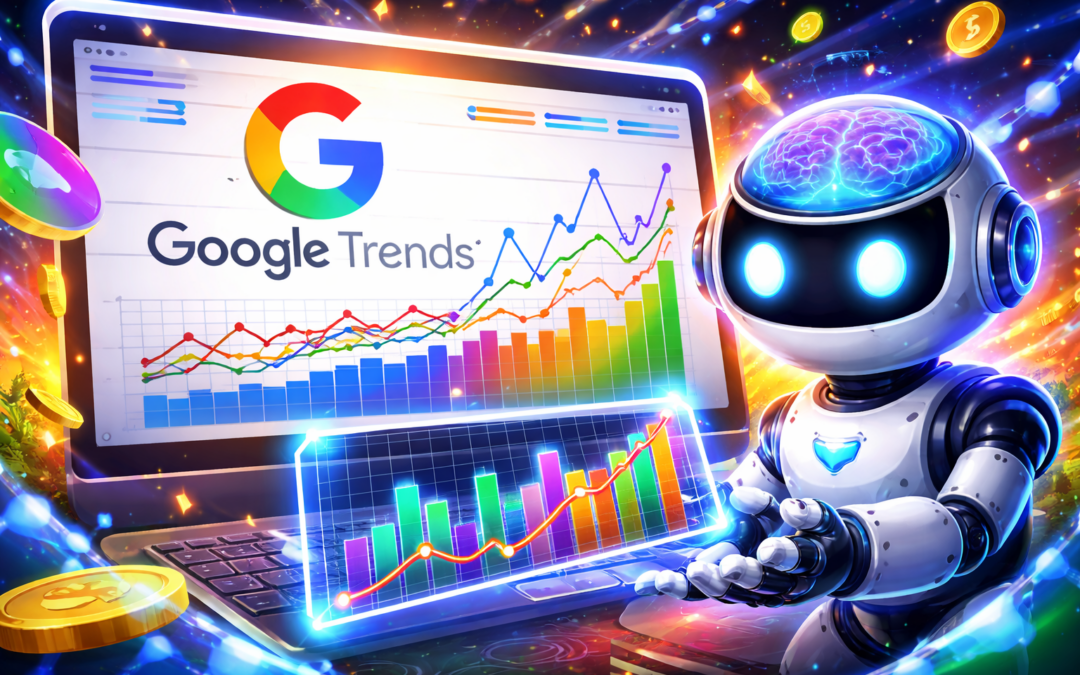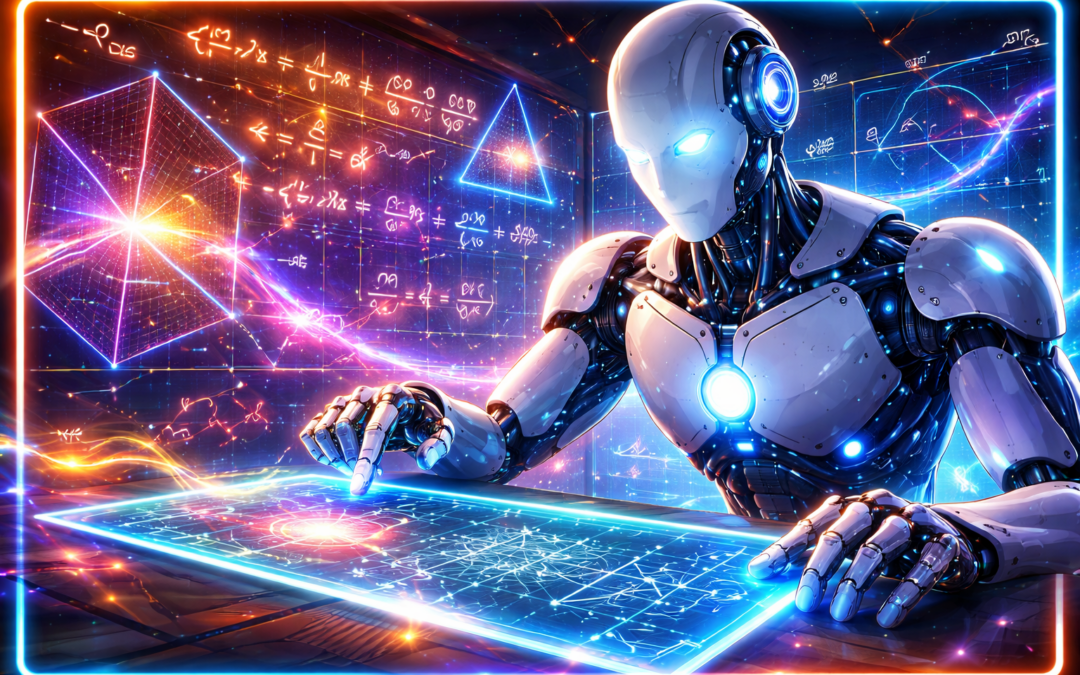The intersection of artificial intelligence (AI) and agriculture is rapidly evolving, with high-profile tech leaders now turning their focus toward next-generation farming solutions.
Recent reports indicate that OpenAI CEO Sam Altman is showing keen interest in agricultural ventures, signaling broader trends in how generative AI and large language models (LLMs) could redefine food production, supply chains, and agricultural efficiency.
Key Takeaways
- OpenAI CEO Sam Altman is seriously considering a move into the global agriculture industry, aiming to leverage AI for large-scale impact.
- Altman’s involvement aligns with broader tech investments in automated agriculture and biotech aiming to increase food production and sustainability.
- Opportunities for AI professionals and startups are rapidly expanding within agri-tech, with LLMs, computer vision, and robotics at the core.
Sam Altman’s Strategic Shift: AI Meets Agriculture
Sam Altman’s recent statements and activity point to a deliberate exploration of the farming sector.
According to AI Magazine and corroborated by Business Insider, Altman sees significant potential for AI-driven solutions to address global food security and agricultural productivity.
“AI and machine learning could revolutionize food production by optimizing resource usage and significantly increasing crop yields.”
The Growing Role of Generative AI in Agri-Tech
Altman’s interest reflects a broader recognition within the tech industry: agriculture represents one of the largest sectors still ripe for AI disruption.
Tools such as LLMs, computer vision models, and robotics now drive real-time crop monitoring, automate disease detection, optimize irrigation, and enable predictive analytics on yields and weather.
Recent investment rounds—for example, Google’s support for agri-tech startups and Microsoft’s Azure FarmBeats—demonstrate a trend extending beyond AI theory into practical deployment.
“Next-generation agri-tech will depend on fusion of generative AI, sensor data, and robotics for unprecedented efficiency.”
Implications for Developers, Startups, and the AI Ecosystem
These developments open new and lucrative avenues for AI professionals and founders:
- Developers skilled in LLMs, edge AI, and drone programming will find soaring demand in digital agriculture.
- Startups can target inefficiencies in traditional farming with AI-powered platforms for yield prediction, pest management, and supply chain transparency.
- Enterprise AI consultancies can pivot into agri-tech, offering solutions to automate and optimize processes from soil assessment to market logistics.
The arrival of influential figures like Altman may also accelerate regulatory approvals, funding opportunities, and global adoption of new AI-powered farming techniques.
Outlook: A New Frontier for Generative AI
The convergence of advanced AI and agriculture signals not just a new business opportunity, but the potential for solutions to fundamental global challenges—including food scarcity and environmental sustainability.
With Sam Altman’s interest lending real momentum, expect to see agri-tech become a leading edge of practical AI development over the next three years.
For AI startups and developers, the signal is clear: agriculture offers an arena for high-impact, large-scale innovation—backed by tech’s most influential visionaries.
Source: AI Magazine, Business Insider
